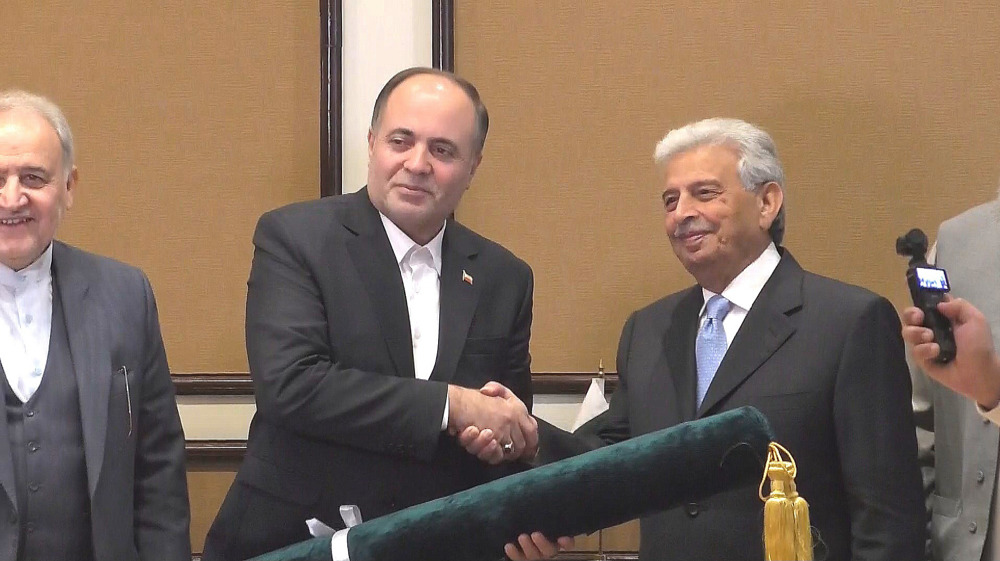BoE 11th interest rate hike in 18 months as inflation soars
Saeed Pourreza
Press TV, London
A day after a surprise jump in inflation, an expected rise in the Bank of England's interest rate from 4 percent to 4.25 -- the 11th increase in less than two years.
The Bank of England says the increase in the interest rate is part of a series of measures to reduce inflation that's among the highest levels since 1982. Some economists say, it will inevitably increase pressure on many Britons already being squeezed by the cost of living crisis.
That's because a higher interest rate means a higher cost of borrowing.
Today's interest hike comes against the backdrop the pledge by Prime Minister Rishi Sunak in January.
That is yet to happen. Some economists say some of the inflation rise can be blamed on potentially one-off factors such as vegetable shortages caused by extreme weather in Spain and North Africa, and British producers not producing for fear of massive energy bills, there are other underlying reasons.
The Bank of England was the first to increase interest rates but not the only one. EU and US central banks have also raised borrowing costs, with the American central bank’s chair, Jerome Powell, saying there was still “a long way to go” to tame inflation in the world’s largest economy.
While Britons continue to contend with the soaring cost of food and energy, would this be the last rate hike by the UK's central Bank?
VIDEO | Press TV's news headlines
Journalist Tucker Carlson says he was detained in occupied territories after interview with US amb.
VIDEO | Is there any hope for Russia-Germany relations?
VIDEO | Israeli land grab policies
Nuclear chief: Israeli infiltration, sabotage drove Iran towards nuclear self-sufficiency
IRGC intel. chief: Enemies devised 7-stage plot for recent riots
Israeli minister calls to 'encourage' Palestinian exodus
VIDEO | Press TV's news headlines









 This makes it easy to access the Press TV website
This makes it easy to access the Press TV website